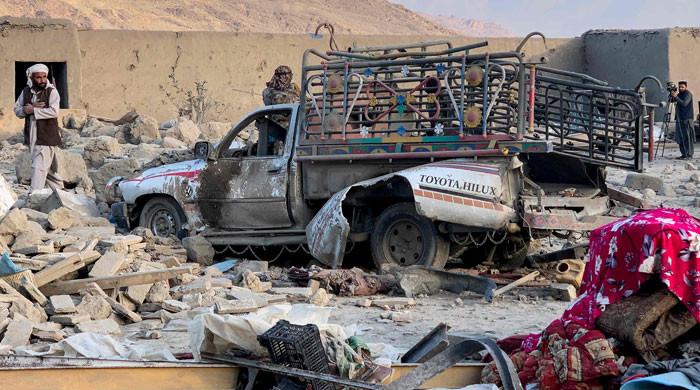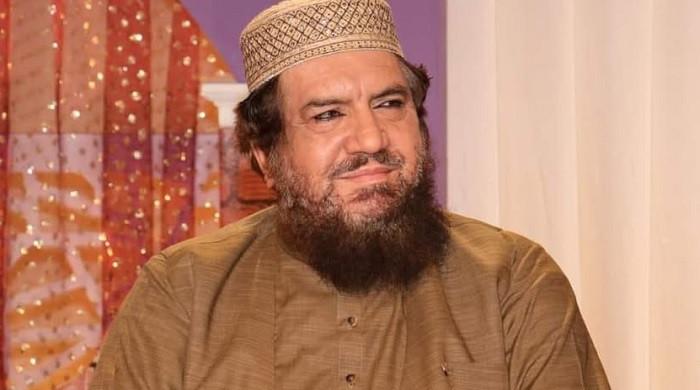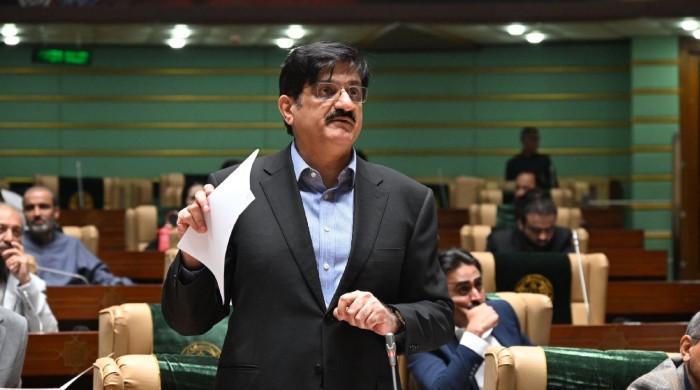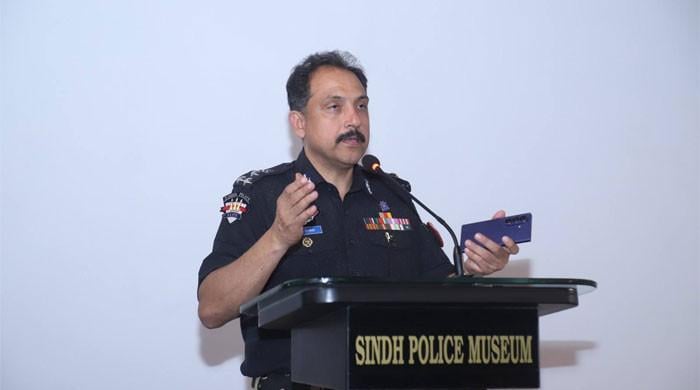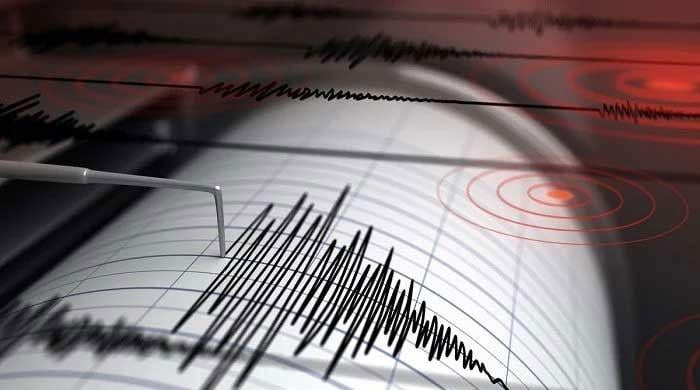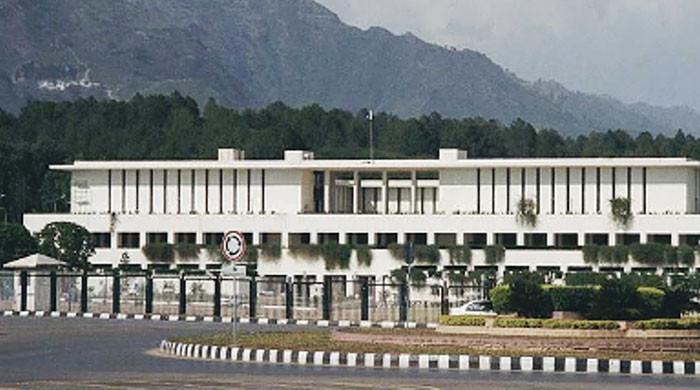Karachi's population exceeds 17.8m: PBS
Population in the metropolis has increased by 1.8 million as compared to the results of census 2017
May 01, 2023
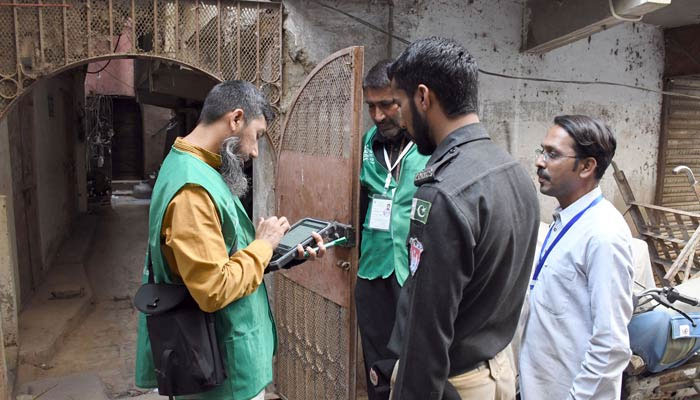
- Official says Sindh’s population jumps to 54.9 million.
- Census has been completed in 21 districts of Sindh so far.
- Population census is underway in 7 districts and 2 tehsils.
Pakistan Bureau of Statistics (PBS) Sindh Director Munawar Munawar Ghanghro on Monday confirmed that Karachi’s population has surged to over 17.87 million.
Sharing the latest statistics with Geo News, Ghanghro said the population in the metropolis has increased by 1.8 million compared to the numbers of the 2017 census.
He maintained that the overall population in Sindh has jumped to 54.9 million. The official said that the population census was underway in seven districts and two tehsils of the province.
Giving further details, the PBS official said that the digital census had been completed in 21 districts of the province so far.
Following the objections of different political parties, the PBS on April 28 extended the date for the ongoing seventh population census for the fifth time.
The deadline for the enumeration — which was originally scheduled to be completed by April 4 — has been extended for 15 days to May 15.
Earlier, it was reported that some initial results of the ongoing digital population census have witnessed serious "abnormal results" especially in Balochistan and Sindh.
Karachi — the country's biggest city — witnessed a population growth of just 0.4% while rural Sindh saw a phenomenal growth of close to 9%. Similarly, initial results suggest the population of Karachi and Lahore stood close to each other in the range of around 16 million.
Several political parties, including the Jamaat-e-Islami (JI), Pakistan Tehreek-e-Insaf (PTI), Pakistan Peoples Party (PPP) and Muttahida Qaumi Movement-Pakistan (MQM-P), have raised objections to the census, especially regarding overcounting and undercounting in some areas.
The MQM-P — a key ally of the ruling coalition in the Centre — had reportedly also asked its parliamentarians to hand in their resignations over the census issue. Subsequently, Prime Minister Shehbaz Sharif directed Planning and Development Minister Ahsan Iqbal to address the objections.
A committee was also formed to look into the issues.




